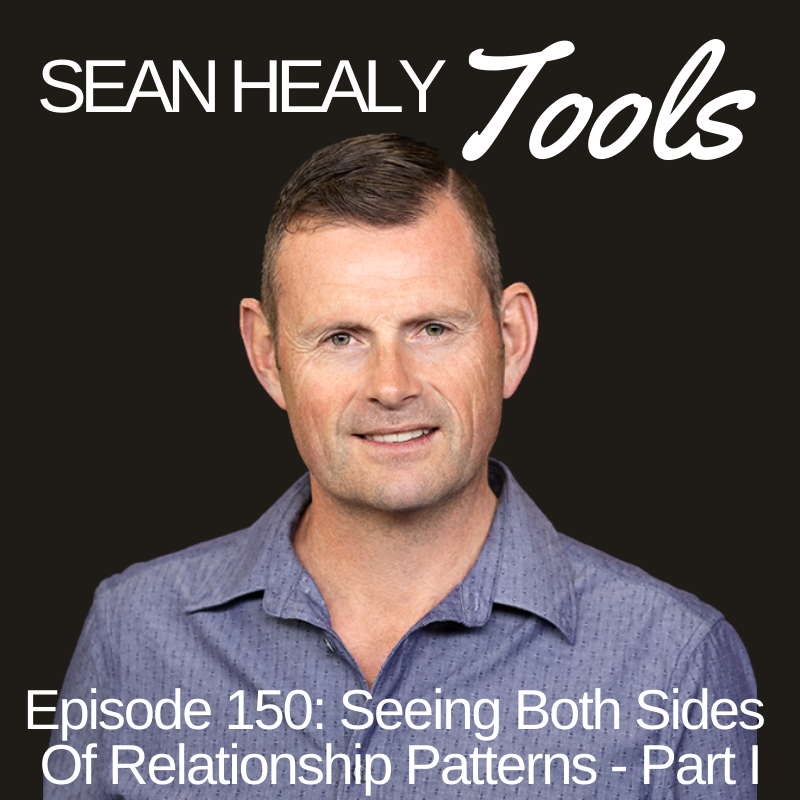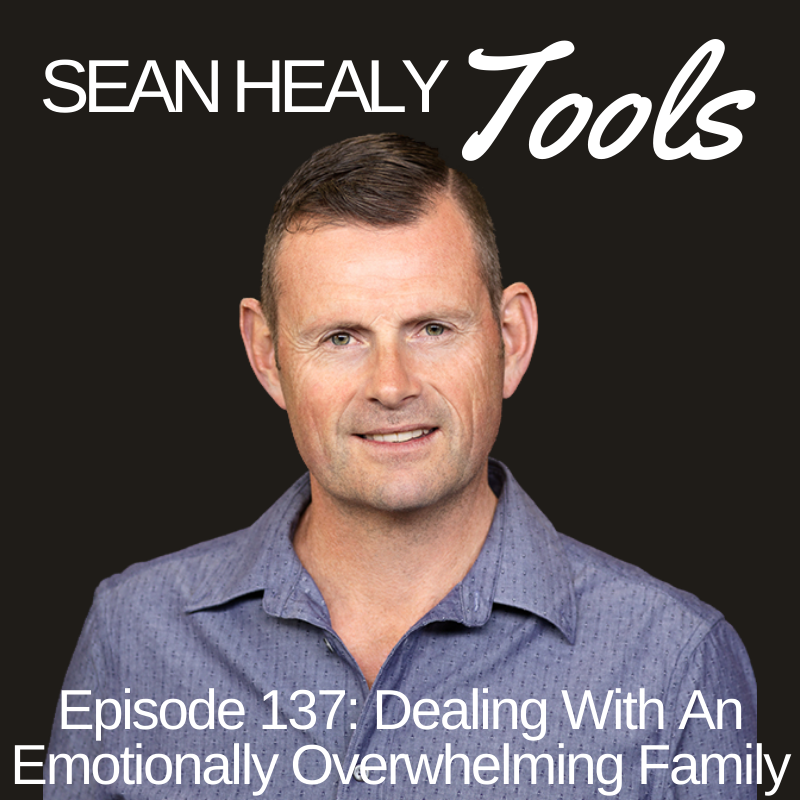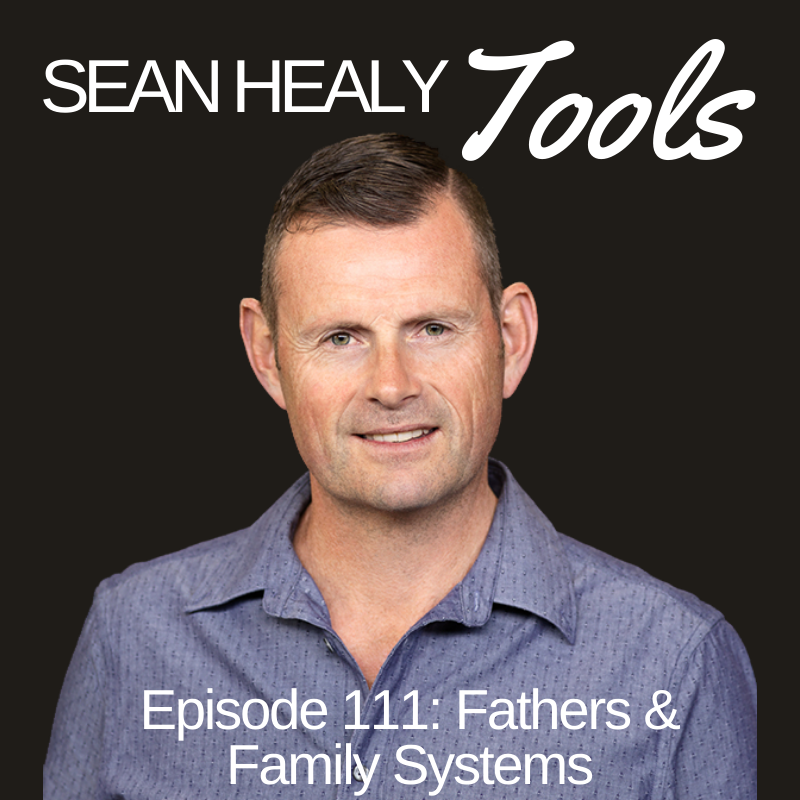Balancing the Individual self with the family unit
One of the key aspects that we should be learning from our family as we grow is how to be a healthy individual and also how to be healthily part of a family unit. The ability to move between selfness and togetherness, in a way that doesn't compromise us is powerful.
However when we feel that closeness in the family is more like being swallowed up then we either run away in some form or perhaps resentfully comply. Enmeshed families can demand that closeness comes with conditions. Don't disturb how we do things here! Enmeshed families can demand that we all think the same, behave the same and don't call out any of the dysfunction you see. Guilt, shame and obligation become large aspects of how a family like this operates.
This episode looks at some of the things that we can do to really begin to be in our family system in more genuinely loving ways. How do I be more myself around those who love me and work towards increasing my own sense of self-approval?






















